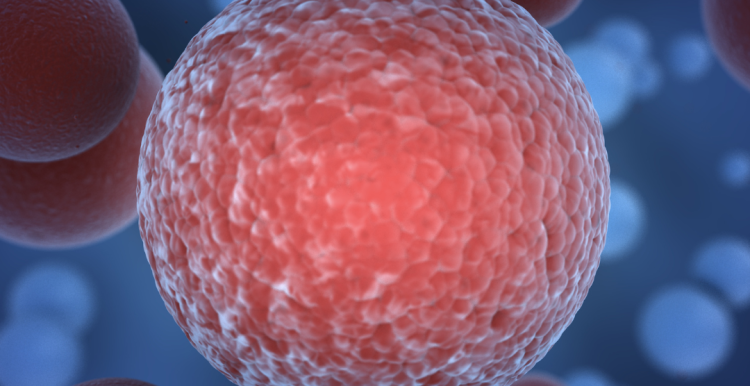Blood Cancer Awareness Month

Leukaemia, lymphoma and myeloma are some of the most common types of blood cancer. There are also types called MPN's and MDS.
Blood cancer is caused by changes in the DNA within your blood cells. This causes the blood cells to start behaving abnormally. In almost all cases, these changes are linked to things we can't control. They happen during your lifetime, so they are not genetic faults you can pass on.
Some types of blood cancer affect children. Symptoms and treatment can be different between children and adults.
Over 40,000 people are diagnosed with a blood cancer each year in the UK, and over 250,000 people are currently living with a blood cancer.
What causes blood cancer?
Although it’s not known exactly why someone will develop blood cancer, there are things that can affect your risk:
- age
- sex
- ethnicity
- family history
- radiation or chemical exposure
- some health conditions and treatments
What are the symptoms?
People with blood cancer may experience a range of symptoms including:
- weight loss that's unexplained
- bruising or bleeding that can’t be explained
- lumps or swellings
- shortness of breath
- drenching night sweats
- infections that are persistent, recurrent or severe
- fever (37.5C or above) that is unexplained
- rash or itchy skin that's unexplained
- pain in your bones, joints or abdomen
- tiredness that doesn't improve with rest or sleep
- paleness – the skin under your lower eyelid looks white rather than pink
What is the treatment?
It depends on the details of your particular condition and your symptoms, but there are several treatment options. You may have one single type of treatment or a combination, depending on the type of blood cancer you have.
Common blood cancer treatments include:
- chemotherapy
- targeted therapies
- immunotherapy
- radiotherapy
- stem cell transplants
Do you have blood cancer?
Are you getting the care and support that you need? What would make your experience better?
Tell us your story and help other people like you
Do you or someone you know have a form of blood cancer? Would you like to share your personal experiences of how your treatment went or is going? We value all feedback, and you can share your experiences with us here


